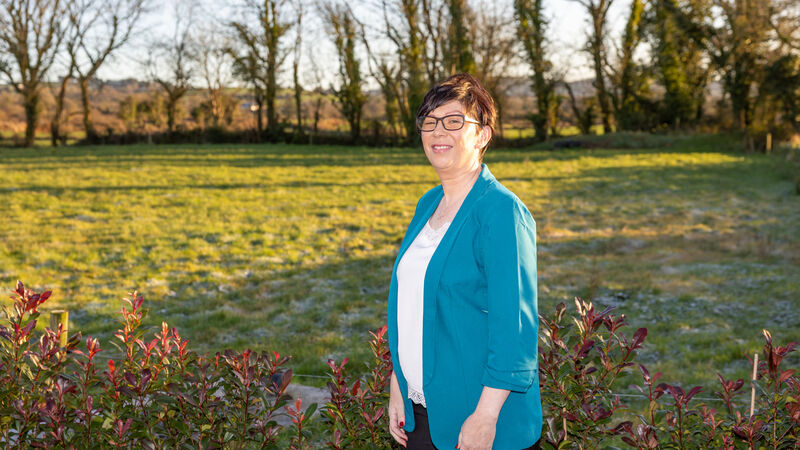Nothing about us, without us: The patient role in cancer research

Bridget Carr who spoke to journalist Deirdre McArdle about cancer treatments. Picture: Kieran Ryan-Benson
Try from €1.50 / week
SUBSCRIBE
Bridget Carr who spoke to journalist Deirdre McArdle about cancer treatments. Picture: Kieran Ryan-Benson
Limerick woman Bridget Carr was diagnosed with ovarian cancer in 2019. At the end of 2018, she had discovered a cyst on her ovary. A surgery on December 21 revealed several tumours and the doctors removed both ovaries and fallopian tubes. In early 2019, Bridget was diagnosed with ovarian cancer.
A year of treatment followed, says Carr who is a mother of two. “After my official diagnosis, I met with my oncology team and they mapped out my treatment plan. I was scheduled to do six rounds of chemo, followed by surgery. At this stage, I didn’t ask too many questions; I didn’t know what to ask.”
Already a subscriber? Sign in
You have reached your article limit.
Annual €130 €80
Best value
Monthly €12€6 / month
Introductory offers for new customers. Annual billed once for first year. Renews at €130. Monthly initial discount (first 3 months) billed monthly, then €12 a month. Ts&Cs apply.
CONNECT WITH US TODAY
Be the first to know the latest news and updates
Newsletter
The best food, health, entertainment and lifestyle content from the Irish Examiner, direct to your inbox.
Newsletter
The best food, health, entertainment and lifestyle content from the Irish Examiner, direct to your inbox.

Our team of experts are on hand to offer advice and answer your questions here
© Examiner Echo Group Limited